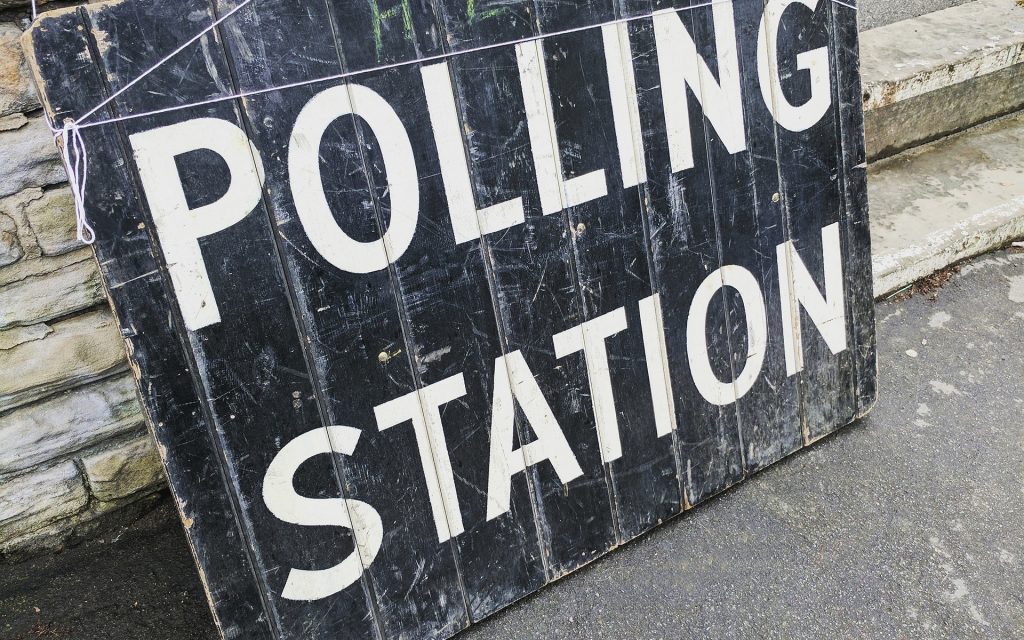 Bevan Foundation
Bevan Foundation 
Today’s visit by the House of Commons Public Administration and Constitutional Affairs Committee to the Senedd is a salutary reminder of the lop-sided nature of Wales’ devolution settlement.
The Public Administration and Constitutional Affairs Committee is visiting the Senedd today to take evidence on ‘inter-institutional relations’. Together with the hoo-ha about the Wales Bill and the surprise announcement in the Comprehensive Spending Review of partial devolution of income tax without a referendum, it is clear that Westminster still has the whip-hand over Wales’ affairs.
It determines the Assembly’s powers
The Wales Bill is proof perfect that the powers of the Assembly are those that the UK Government wishes to give it. Forget the recommendations of the Silk Commission, the views of the Welsh Government or wider civil society – Wales gets what it is given.
It controls Wales’ spending
The UK Government determines how much the Assembly, and all the public bodies funded by the Assembly, can spend on public services. This severely constrains the scope for any political party to take a different political course to the UK Government – they cannot realistically oppose austerity nor do anything radically different because there simply isn’t the financial flexibility.
The devolution of various taxes does mean that the Welsh Government could generate around 20% of its budget independently by 2020. But the lion’s share of public spending will still be set by the UK Government, with the gains or losses from changes to devolved taxes being marginal.
Equally importantly, nearly half of all public spending in Wales is the direct responsibility of the UK Government. So even if there was an austerity-busting Welsh Government, the other half of public spending in Wales would be heading in a different direction.
It shapes the prosperity of Wales’ people
The UK Government sets the big determinants of household prosperity – minimum wages, tax and national insurance, pensions and benefits. It is widely forecast that one consequence of recent UK Government announcements will be to increase poverty, which in turn increases demands on health and social care, education services and housing services to name just a few.
Yet it is the Welsh Government that picks up the bill for these services and bears the blame for Wales’ social problems.
Crucially, these decisions that directly and specifically affect Wales are voted on by the whole UK Parliament. At a time when we hear much about ‘English Votes for English Laws’, the prospect of ‘English Votes for Welsh Laws’ appears to trouble only the constitutional geeks. The votes of Wales’ MPs would have only the most marginal of impacts on any laws affecting England or indeed Scotland, yet the votes of England’s 478 MPs have a dramatic impact on Welsh affairs, completely swamping those of Wales 40 MPs.
Is it time for a campaign for ‘WVWL (Welsh Votes for Welsh Laws)?’
Victoria Winckler is Director of the Bevan Foundation


